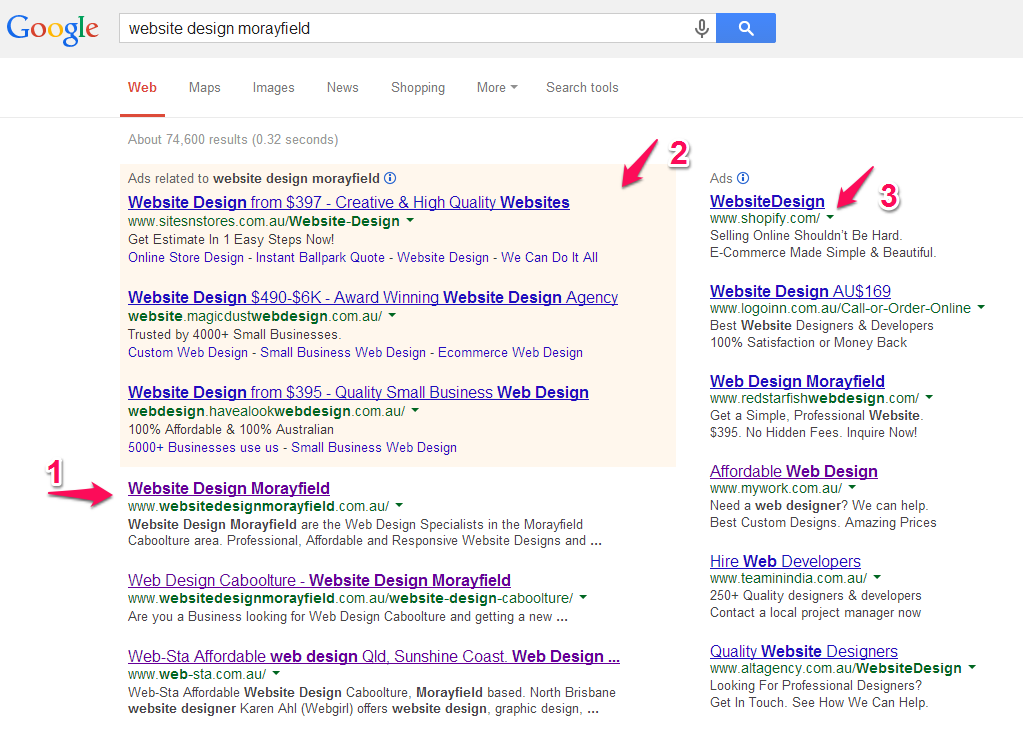News from Google – They will help with reinstating Search Rankings after a Hack Attack

This is obvious when you think about it. Google’s main aim is to serve up the best results for the searcher’s query, and obviously, a hacked website is not the best result!!
Google has announced that they will endeavour to assist Webmasters with reinstating their Search Rankings after a hack attack through their revamped Reconsideration Request Process.
In a recent Google Blog Post, they say they have recorded a 180% increase in the number of websites that have been hacked this year, and there has been a 300% increase in the number of Reconsideration Requests they have received.
Google have realised the difficulties inherent in their previous Reconsideration Request process, and have made a few changes that they say will assist Webmasters getting the websites back up and running and restore their previous Search Positions.
Specifically, these three changes:
- Better communication
- Improved tools
- A continuous feedback loop
Google have also also said that the step up for victims of hacking is part of a wider support initiative designed to protect websites from being hacked in the first place.
Better Communication will be in the form of advice specifically tailored to your personal circumstances when responding to a Reconsideration Request. Google will also make more advice available to webmasters to help improve website security and quickly tackle hacking issues if the website is compromised.
Improved Tools will be in the form of better access to resources required to recover from a hack attack. These include the auto removal of hacked manual actions (still in beta testing). This manual action removal will take place when search engine spiders detect that hacked content has already been removed – however, the webmaster will still need to submit a reconsideration request.
A hacked website troubleshooter is also available, and will guides webmasters through the steps required to recover from the attack. The “Fetch as Google” tool can also be used by showing exactly how Google sees the site. This will make it easier for the Webmaster to detect hacked content, including injected content.
Feedback from website owners that have been hacked and who are going through the Reconsideration Request process will continue to mould Google’s practices.


 Well it’s been 5 minutes since Google moved the goal posts, so I guess it’s time for them to make another change. Can you tell I am being sarcastic?
Well it’s been 5 minutes since Google moved the goal posts, so I guess it’s time for them to make another change. Can you tell I am being sarcastic?